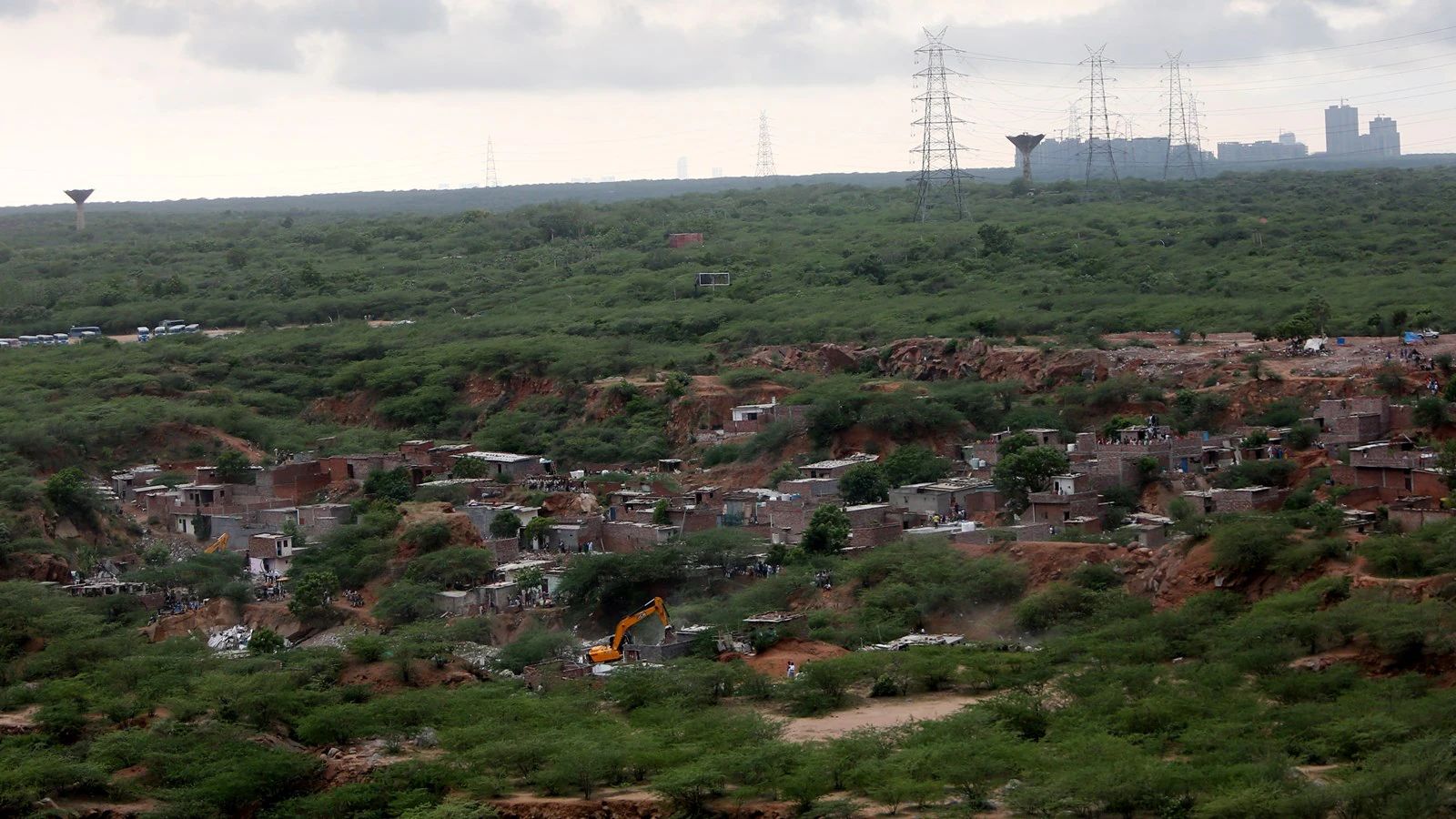Sustainable Tourism in the Marshall Islands Is An Emerging Policy for Eco-Tourism and Community Upliftment

Published on
August 25, 2025

On September 27, 2025, the Republic of the Marshall Islands (RMI) will mark a significant achievement with the official unveiling of its High-Level Sustainable Tourism Policy & Development Strategy—a forward-thinking framework designed to guide the country’s tourism industry towards sustainable growth. The launch, timed to coincide with World Tourism Day, will highlight the nation’s commitment to fostering a tourism sector that benefits both its communities and environment while preserving its cultural heritage.
The policy is the result of extensive collaboration between the Office of Commerce, Investment & Tourism (OCIT) and the Asian Development Bank’s Pacific Private Sector Development Initiative (PSDI). It is designed to align with the broader goals of the RMI National Strategic Plan 2020–2030, RMI Agenda 2030, and the Pacific Sustainable Tourism Policy Framework (PSTPF). These regional and national strategies serve as a foundation for RMI’s tourism sector to contribute positively to the country’s development while aligning with global sustainability goals.
A Vision for Sustainable and Inclusive Growth in the Marshall Islands Tourism Sector
As a nation that faces significant environmental challenges, particularly due to climate change, the Marshall Islands’ sustainable tourism strategy places a strong emphasis on responsible and inclusive tourism growth. The goal is to create a tourism sector that not only drives economic growth but also protects the country’s fragile environment and supports the well-being of its people. This holistic approach ensures that tourism development respects the local culture and preserves the natural beauty that makes the islands a unique destination.
At the heart of this strategy is community empowerment. The Marshallese people are given a central role in shaping the future of tourism within their country. Local communities, their voices, and their livelihoods will drive the planning and execution of tourism initiatives. The strategy encourages a tourism model that is low-impact and respectful of local traditions, ensuring that visitors experience the richness of Marshallese culture without harming it.
This approach also prioritizes the preservation of the natural environment, safeguarding the pristine beaches, coral reefs, and rich biodiversity that draw tourists to the islands. The policy promotes sustainable tourism practices that will reduce the sector’s ecological footprint while providing economic opportunities for local businesses and communities.
Strengthening Partnerships and Policy Cohesion
The launch of the sustainable tourism strategy also emphasizes the importance of policy coherence across different sectors. The RMI government aims to create a unified national framework that will help align tourism development with the country’s broader development goals. By fostering cross-sector collaboration, the strategy will streamline efforts across various government agencies, tourism operators, and non-governmental organizations (NGOs) to create a cohesive and sustainable tourism landscape.
For tourism operators and stakeholders, the strategy offers clear guidelines and a collaborative platform for growth. It ensures that everyone involved in the tourism sector—from local businesses to large operators—shares a common vision and direction. This clarity will help strengthen partnerships and align stakeholders towards achieving sustainable and impactful results.
Building the Strategy with Local Input
The development of the High-Level Sustainable Tourism Policy & Development Strategy has been an inclusive process, shaped by input from a wide range of stakeholders. A series of consultation workshops gathered representatives from the tourism industry, local communities, government agencies, and NGOs, ensuring that the strategy reflects the needs and aspirations of those directly involved in and impacted by tourism. This broad consultation process has created a shared sense of ownership and commitment to the strategy’s goals.
The feedback gathered during these consultations has been instrumental in crafting a framework that resonates with local communities and aligns with the global sustainable tourism agenda. This inclusive approach ensures that the policy is not only a top-down directive but also a collaborative effort that fosters a sense of shared responsibility among all involved parties.
A New Era for Tourism in the Marshall Islands
The launch of the High-Level Sustainable Tourism Policy & Development Strategy marks the beginning of a new chapter for the Marshall Islands’ tourism sector. By focusing on sustainability, community involvement, and environmental preservation, the strategy aims to create a tourism model that is both economically beneficial and culturally sensitive. It sets the stage for a tourism industry that thrives while respecting the island nation’s unique heritage and natural resources.
With the strategy’s implementation, the Marshall Islands is poised to become a leading example of how small island nations can navigate the complexities of tourism growth in a way that benefits both the local community and the environment. This initiative is not just about growing the tourism sector but about doing so in a way that promotes long-term sustainability and resilience in the face of climate change.
Key Takeaway
As the Marshall Islands prepares to officially launch its High-Level Sustainable Tourism Policy & Development Strategy, the country sets itself on a path towards a sustainable and inclusive future. By prioritizing community empowerment, environmental stewardship, and cultural preservation, the strategy offers a roadmap for tourism development that is not only beneficial for the islands but also serves as a model for other nations to follow.
link






